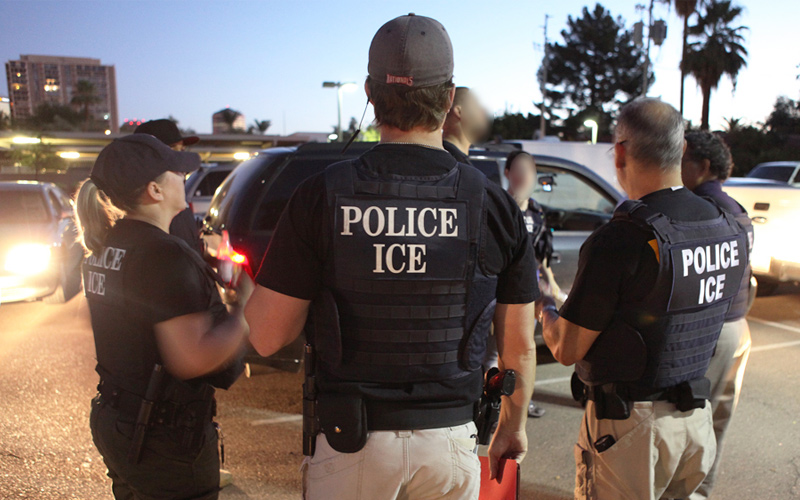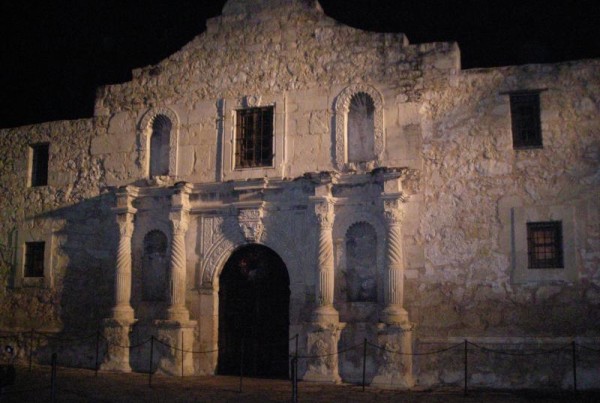On Tuesday, the United States Department of Homeland Security released updated guidelines on how to enforce new immigration directives ordered by President Donald Trump. The new rules expand which individuals will be targeted for deportation – who gets to stay in the country and who must leave or be forcibly removed from the U.S.
In addition to undocumented individuals who have been convicted of a crime, Immigration and Customs Enforcement (ICE) officials will now include those convicted of minor offenses, those charged with a crime without convictions, or persons caught abusing any program related to public benefits.
Tuesday’s announcement not only spelled out who would be deported, but where they’d be deported to. The documents, signed by Homeland Security Secretary John Kelly, says that anyone caught crossing the southern border will be returned to Mexico, regardless of their nationality.
Before, U.S. policy stipulated that non-Mexicans were returned to their own countries.
The directives also called for the construction of mass deportation centers while deportations proceedings are being held.
But it’s unclear whether the U.S. has legal standing to send non-Mexican nationals into Mexico.
Geoffrey Hoffman, immigration professor at the University of Houston Law Center says it’s possible the Mexico will refuse to comply with the new U.S. policy.
Hoffman says how the U.S. and Mexico will work out the logistics of the new policy could be a subject of dispute.
The U.S. Code itself says that the policies set under the new directive are allowed.
“Under the United States Code … there is a little known provision that relates to people who are arriving from a contiguous territory and it says that basically the attorney general may return the alien to that territory, pending a proceeding … which is basically removal proceedings,” Hoffman says.
But countries whose borders touch are entitled under international law to reject deportees from the contiguous country.
For Mexico, there are two issues at stake, Hoffman says. The first: whether Mexico has to accept somebody back into their country who is not a Mexican national.
“[Number two:] Whether or not the person who is being returned has a valid travel document because, usually, the country requires that the person have a passport or some other travel document to come back,” he says. “If these people don’t have the travel document, then theoretically [Mexico] could refuse entry of those people.”
If that happens, it is possible those deportees would need to be detained at the U.S.-Mexico border or in the U.S. interior, Hoffman says.
Hoffman says deportees seeking asylum in the U.S., who have proven to immigration officials that they face a credible fear of returning to their home country, could be sent to Mexico and then have the Mexican government decide to deport them to their home countries.
“That really calls into question whether we are abiding by our statutes and our domestic and international legal obligations to protect those people,” Hoffman says.
Written by Beth Cortez-Neavel.















